Review: Red vs. Blue: Restoration
SOME SPOILERS AHEAD!
Some time after the events of Season 13 (which is now the most recent previous canonical entry due to retcons removing Seasons 14-18), the Reds and Blues have survived the war on Chorus and seemingly moved on, with Epsilon-Church having sacrificed himself to get them out alive. However, there remains some unfinished business, as the armor given to Tucker has possessed him and turned him into a new version of The Meta, the strongest single enemy the group had ever faced. A recording of Church with pre-programed responses emerges to guide the remaining Reds and Caboose, the only Blue left, to defend themselves against the combined force of every major threat they’ve ever fought. Meanwhile, a recovering Agent Washington has to come to grips with some lingering regrets and finally let go of the past. Everything comes to a head with this closing installment. Not everyone will make it out the same way, and some may not make it out at all, but at the end of it all, they may finally answer life’s great mystery of why they’re here.
Restoration is, true to its name, a return to form in many ways for the show. Not just in putting the focus back on most of the original cast, but also in reconnecting with the unique mix of comedy that gave the series its unique footprint in the first place. The series initially focused on the funny personalities of the characters working off each other in the frame of a never ending PVP match, but slowly dripped in more story and lore over time until Season 6, where the tone became much more serious and plot focused and that became the ratio to balance from then on. That said, there are times where Restoration ends up going for a joke at points where digging into the serious would’ve probably paid off more. In one encounter with Tucker-Meta, Church’s recurring gag of being a pre-recorded message comes back to bite them, but is oddly close to a moment that focuses on Tucker struggling to not to be forced to kill his friends. As much as the individual jokes in this season do manage to get a laugh, there were times when the tones clashed a bit too much to make either work.
The decision to bring back Burns to finish the show was an exciting one, though it also gave reason to be cautious. He wrote the show for its first decade and there’s no question that he knows how to write these characters inside and out, especially since many of them are still being played by longtime friends of his who could play them in their sleep. But it raised some eyebrows to essentially cut out the last handful of seasons, which were the ones he had the least involvement in. Those were definitely the most outlandish stories and ignoring them does make following the continuity a bit easier, but it still could seem odd to have a grand finale that doesn’t acknowledge that part of the show’s history. Thankfully, this season is very clearly a tribute to all parts of RVB over its many years, with small cameos and nods to these retconned seasons, even Zero, the redheaded stepchild of the group. There are even some unexpected cameos that I won’t spoil, but will definitely surprise people who thought would never come back.
Though that seems like a good enough time to rip this band-aid off now; this season doesn’t really give some characters much time to shine and weirdly leaves some out entirely. If you’re a fan of Lopez, Donut, Carolina, Doc, or Tucker, I’ll be delicate and just say you MAY be disappointed with how they’re utilized here. Tucker’s treatment is especially egregious if you watched Zero, where he was a glorified cameo who had a death fake out just to take his sword. Here, he’s basically a hostage of the real villain, the Meta, and most of the scenes that focus on him show him struggling to break out of their control, but never more than that until the battle is over. Even if a portion of his character development has been relegated to non-canon, Tucker still got a lot of growth during the Chorus Trilogy, so it would’ve been nice to see him make use of that to get control back at a key moment, even if just for a second. I understand wanting to keep the number of key characters small to give everyone enough time, but Tucker was there from the beginning too, so it leaves an unfortunately sour note that his last appearance has him mostly absent.
That said, where this season shines its best is when it feels grounded. A lot of the writing here feels very personal and sentimental, which makes sense as this is a production that has always meant a lot to Burns and Hullum, as well as Geoff Ramsey and Gustavo Sorola who play Grif and Simmons to Burns and Hullum’s Church and Sarge. There is a very real, even META, sense from every spoken line that they are saying goodbye to these characters. And even putting that aside, when compared to the time traveling of the Shisno Trilogy or even the war story of the Chorus Trilogy, it feels right that this brings things down to the story of a few individuals putting a bow on this chapter of their lives. It’s nice to see the show finally do some last bit of Machinima in the Halo: Infinite engine, but for better or worse, it’s a reminder that it’s on its final bow. Long standing character arcs are very firmly tied up, several characters get solemn last looks and bittersweet speeches, and even though it never forgets to try to make you laugh to soften the blow, it can’t help but bring the tears. For a show that hates goodbyes, there sure are a lot here, but it feels right. Ultimately, this final season hits home where it needs to, and while it’s not the headbanger ending that previous seasons got, it’s plenty to give it one last “GG” before we all exit the game lobby. Thanks, guys.


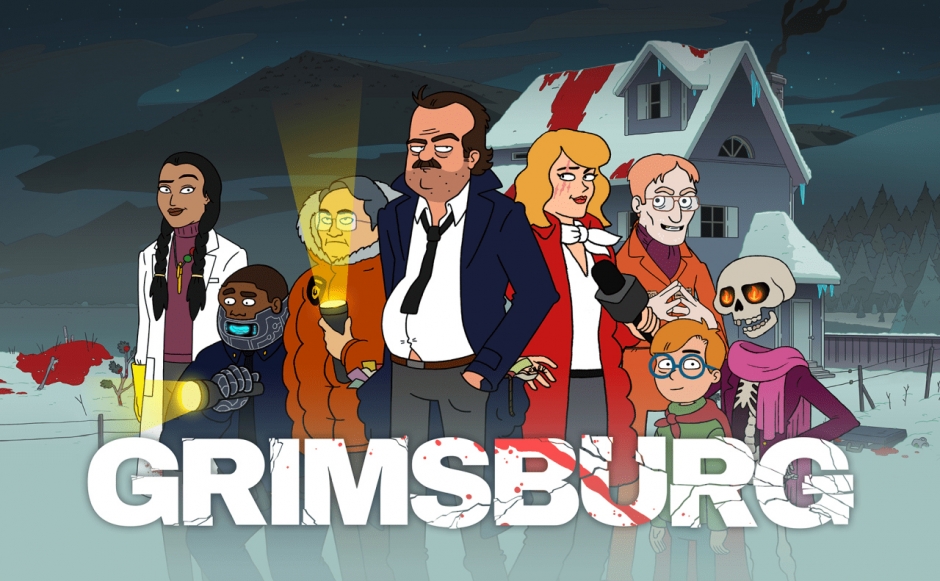
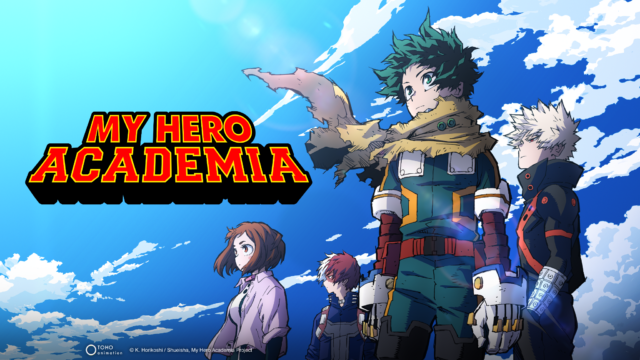
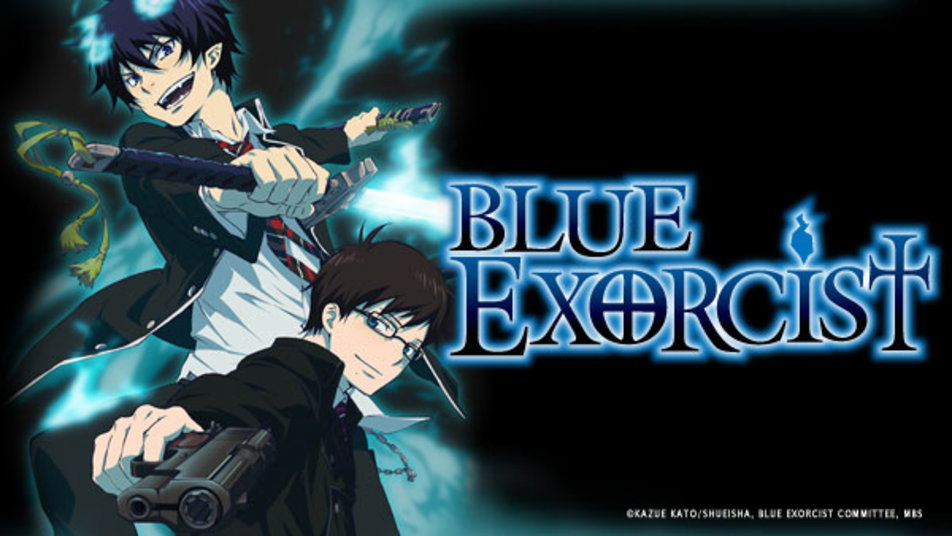
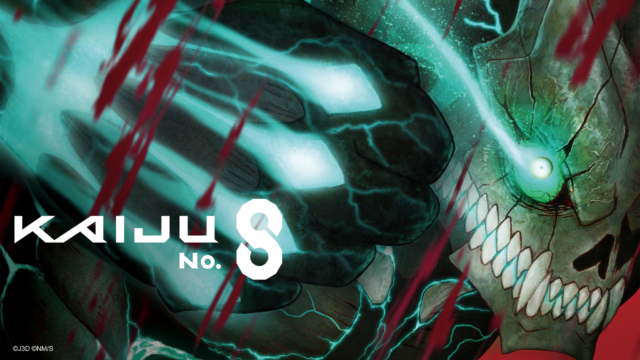
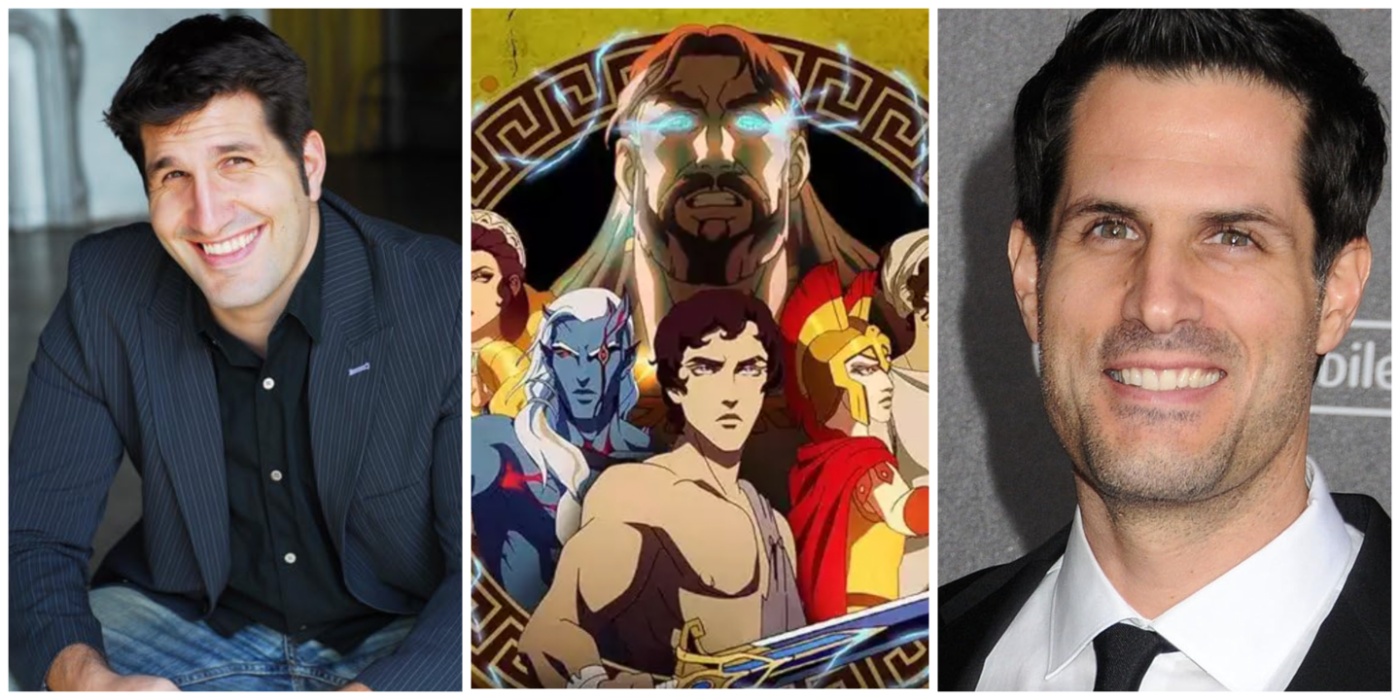








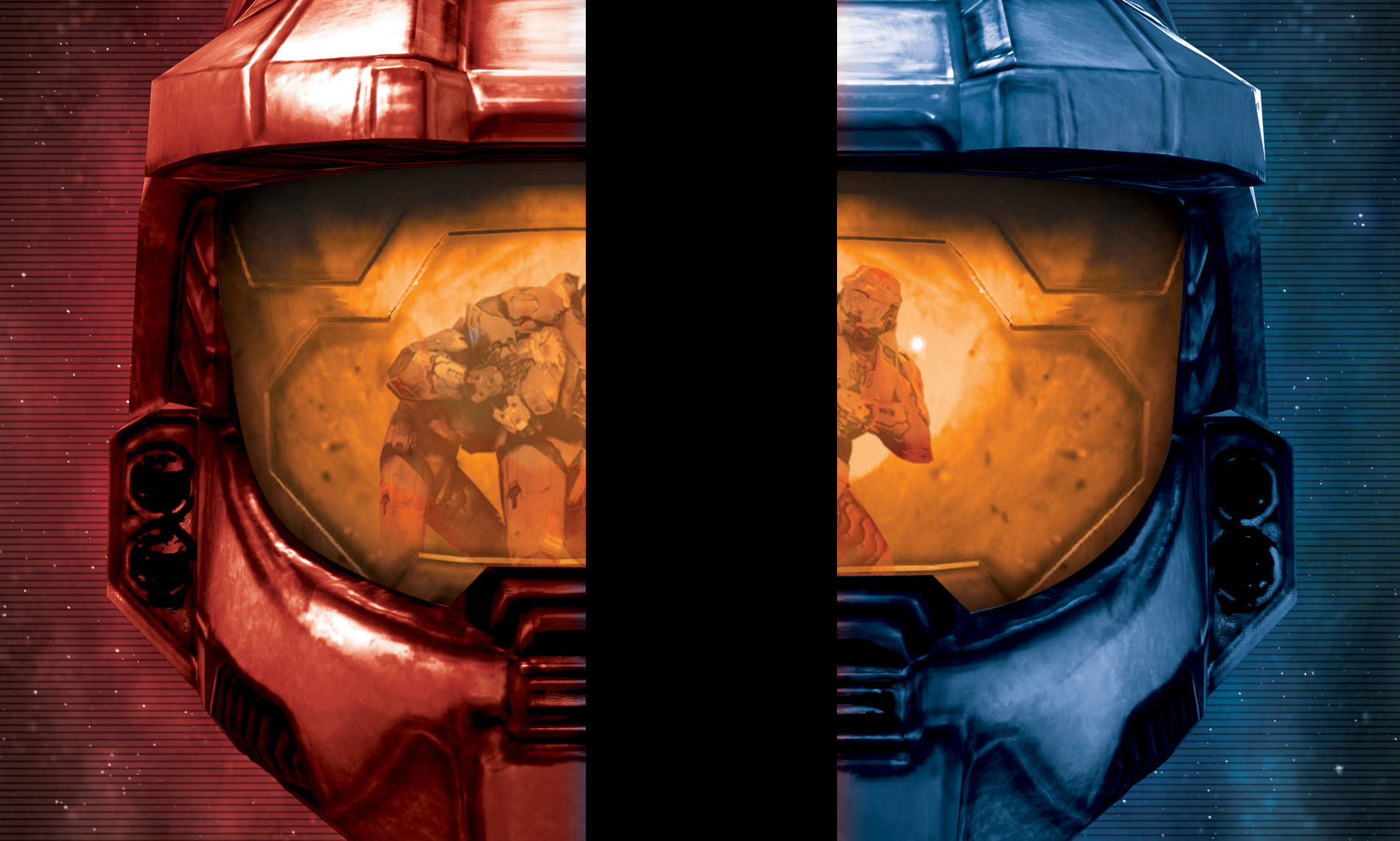



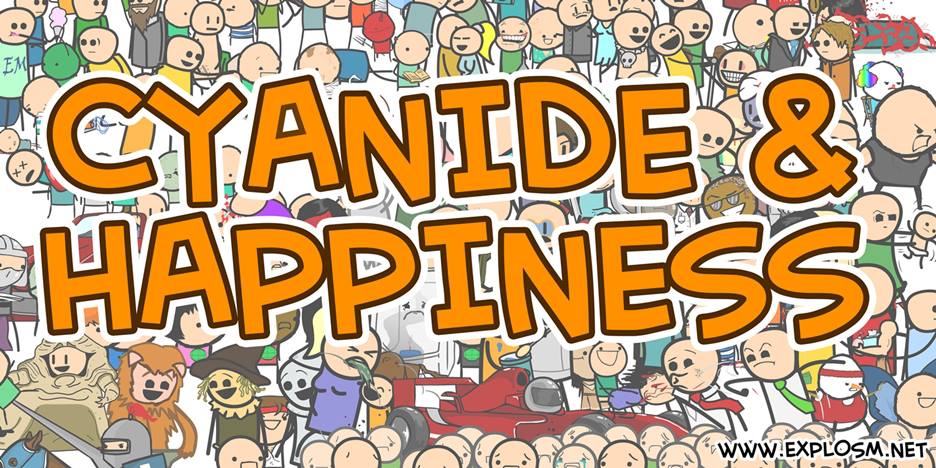


Short of getting Roiland back, which I'm sure isn't going to happen, I don't even think they could get much better than the new voices from the previous season. And the ratings for season 7 weren't much lower on average than for season 6; it was pretty much just a normal season-to-season drop that most likely would have happened regardless.
I mean, look at the actual averages:
Season 1 - 1.57 million viewers Season 2 - 1.97 million viewers Season 3 - 2.33 million viewers Season 4 - 1.52 million viewers Season 5 - 0.96 million viewers Season 6 - 0.56 million viewers Season 7 - 0.42 million viewers
Ever since season 3, it had been having steep drops even with Roiland still involved; the season 6 to 7 drop is actually the smallest-percentage drop it's had since it started dropping, and if anything it's possible that changing the voice actors actually *boosted* interest a bit and prevented it from dropping even more.